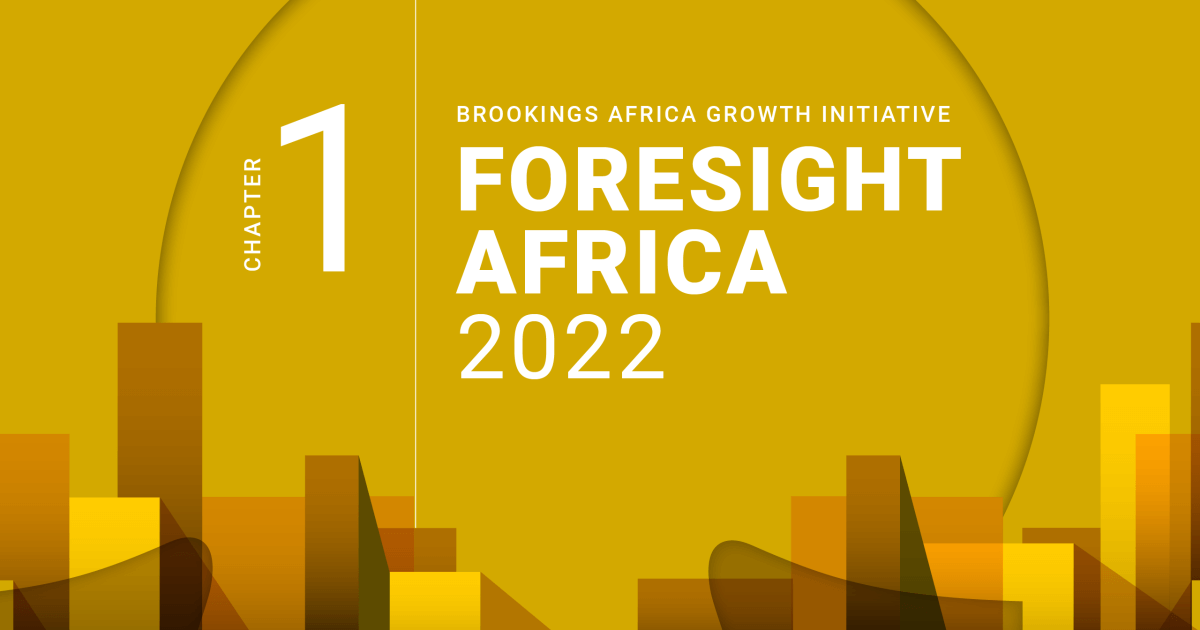Africa’s future never looked brighter than it did during my time serving as the World Bank’s vice president for Africa from 2012 through 2018. The continent was home to the world’s fastest-growing economies—a growth fueled by high commodity prices. Free trade was becoming a reality with the rapid approach and realization of the African Continental Free Trade Agreement. Political instability was largely under control. And, even in the midst of an Ebola outbreak, the continent largely succeeded in containing the worst health and economic impacts of that virus.
Today, from my position as the managing director of the International Finance Corporation (IFC), I still see Africa’s potential clearly—a global economic driver, digital innovation hub, and model for green, resilient infrastructure. But I am also concerned about Africa’s future, especially for the young people coming of age in a time of great uncertainty. Conflict is on the rise, and the number of countries falling into instability is increasing. The impacts of climate change are worsening each year. And while COVID-19 has affected everyone, it has not affected everyone equally: This truth is especially salient for Africa, which saw decades worth of economic and social progress erased almost overnight.
Millions of people on the continent have already been pushed into poverty. Millions more are teetering on the brink. Africa’s youth is Africa’s biggest asset, but only if they have the opportunities and skills needed to build a better future.
If we do nothing, we risk losing them.
We cannot allow…






